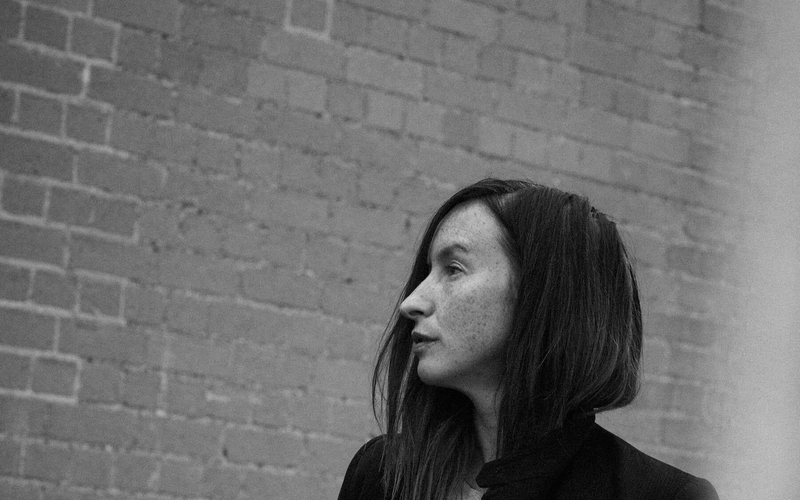Words can only go so far

As a follow-up to “Turning crushes into fiction”, our evening about the epistolary novel in the internet age (24 April 2019), Joanna Walsh sent us a letter with more thoughts on exchanging words online. A fresh text that can be read as an epilogue to her novel Break.up, written roughly a year after its first publication in 2018.
I was sitting in the library when you sent me a message. I was sitting reading a book to deal with the fallout, not a self-help book, but maybe something about how to be a self, as I seemed to have in some ways forgotten. It was six months later than the last time you’d been in touch. Which hardly mattered. Your words, which sounded not like a letter but like speech, hit me all at once. I mean they had a physical effect, like touch.
I don’t remember what you said, but I still remember how it felt.
I had married in the almost pre-internet age. After I left, I was plunged into digital all at once, no idea what disembodied words could do. It was intoxicating. And, when words turned, so quickly and without explanation, from hot to cold, I was not prepared for the shock. Of course there’d been letters before, and they had the same effect, but letters can only go so far. They are slower, take time to travel across the ground by mail. Did the weight of the ink on paper make their content more weighty?
I can imagine sending a letter now. I send them out of duty and they are short—Christmas cards to relatives, applications, bills government forms—but I write online every day: to close friends, to old friends, to people I’ve just met. And there's always been someone else, for the last half-decade, always someone I'm texting, whatever’s happening—in the library, in the beach, at the airport—often not the same someone, but always someone somewhere else, and the words, the action of writing, of reading the words we exchange, has a special quality that breaks into whatever I’m doing, dislocating the moment. And some of the someones have been serious and some of them just for fun, and others broke my heart, but I was always devoted to each of them through words. Maybe I'm talking to someone now.
Nowadays I hardly experience anything by myself. Do you? I don’t think there’s anything I can do about this. I could abandon the virtual but I don’t want to—it’s brought me so much. So I’ll have to make the best of it (and it can be good). We’re all writers now: people with jobs that meant they’d never put pen to paper twenty years ago invent themselves as written characters, on Facebook, Twitter, Tinder… It is likely I am a writer of stories because of this. There doesn’t seem to be any way to deal with these online words except by using more words.
There are stories you tell yourself that get you into these situations. There are stories you tell yourself to get out of them. Words can be patched with words, redeemed by words, edged out by other words. Sitting there in the library, it was a great pleasure to be changed by words, his words, which were words anyone could use, that had been used by people who’ve written to me before, and have been used by others since, but each in their own particular way—and, yes, even the hurtful ones had novelty! But there was a time I had to stop using words, and the words I had to stop using were not the words of the message-writer but my own. I had to stop using words to tell myself a story about someone who's no longer there, first one version and then another, looking into the sentences—picking up words, wringing them out, holding them up to the light, for words that might stick to some sort of offline reality. Because words can only go so far.
(Of course I’m using words all the time to tell you this.)
It is now some time after that time I was sitting in the library, refusing to answer the intoxicating message I’d been sent because I knew the words would lead to nothing more that more the same, more words, nothing else. And I’ve not stopped doing this sort of thing: now online conversation adds another dimension. But, crucially, it’s not the only dimension: there have to be bodies in the mix too. And hearts and minds—whatever they are—too.
- Further reading : Nathalie Gassel’s “Note sur mon livre épistolaire par mail, Stratégie d’une passion” (in French)